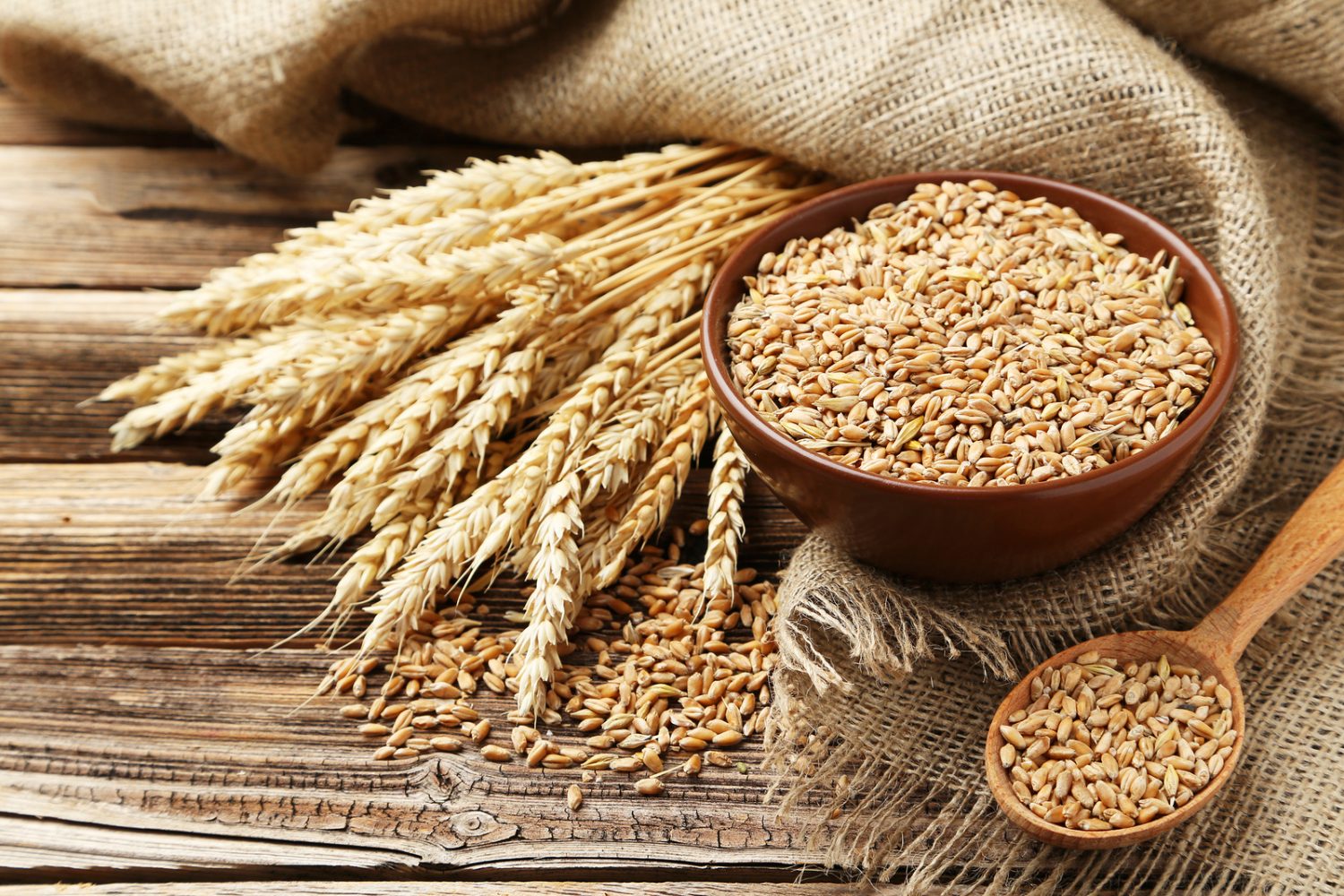Nigeria’s Wheat import grew by 31% in the second quarter amidst an increased demand by bakers and pasta manufacturers in the country.
According to Bloomberg, the country imported 1.36 million metric tons of wheat between April and June compared to 1.04 million tons in the first three months of the year.
The orders were from the U.S., Russia, Canada and Germany, totalling N114.8 billion compared with N87.4 billion in the first quarter of the year. An estimated 3.3 million tons were imported from the US in 2017, followed by Russia with 1.7 million tons. Nigeria’s wheat production stood at 60,000 tons at the end of the 2016-17 season.
Why the decline in local production
The high cost of inputs such as fertilizer and lack of access to storage facilities, widespread of flooding that destroyed several farmlands have impacted negatively to the capacity of local wheat farmers. Nigeria’s wheat is grown mainly in irrigated farms in dry season from November to April. New varieties also thrive in the wet season planted in the country’s middle belt region.
Salim Mohammed, President of the Wheat Growers Association of Nigeria noted that there has been minimal support from government to farmers growing the crop.
Negative implications for Flour Millers in the country
The drop in local production may increase the operating cost of some flour millers such as Flour Mills of Nigeria, Dangote Flour, and Honeywell Plc just to mention a few as they now have to depend largely on wheat importation to meet the increasing demand for flour.
Recently, bread makers in the country threatened to increase the price of bread in the country citing, increase in the price of ingredients.
In a press briefing held in Lagos, the President of the association, Jemide Tosan said the increasing cost of baking ingredients may influence the cost of bread. He lamented that the challenges faced by bakers as a result of the incessant increase in the prices of baking ingredients have rendered most premium bakeries comatose, thereby making bakers operate at loss.











